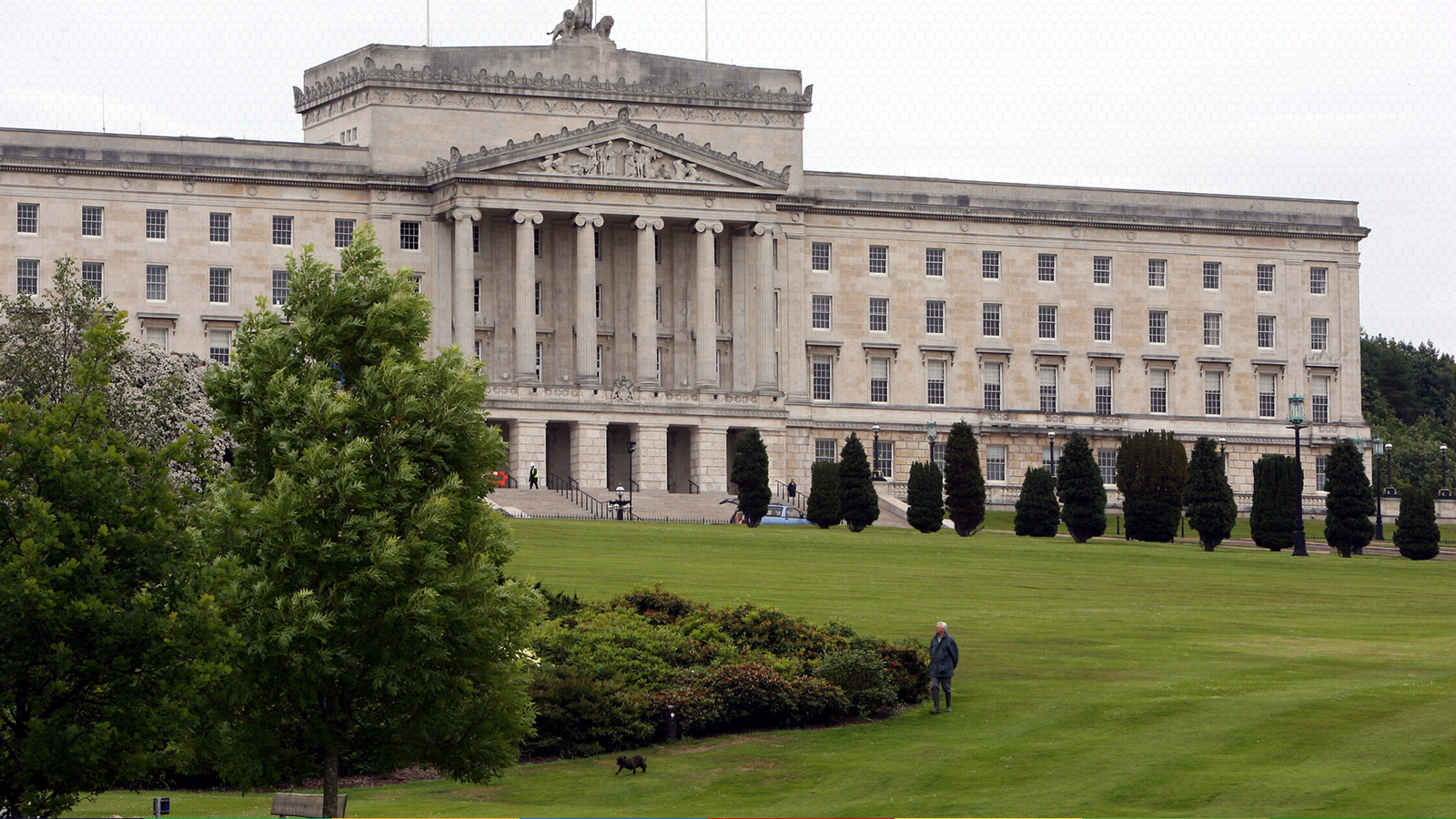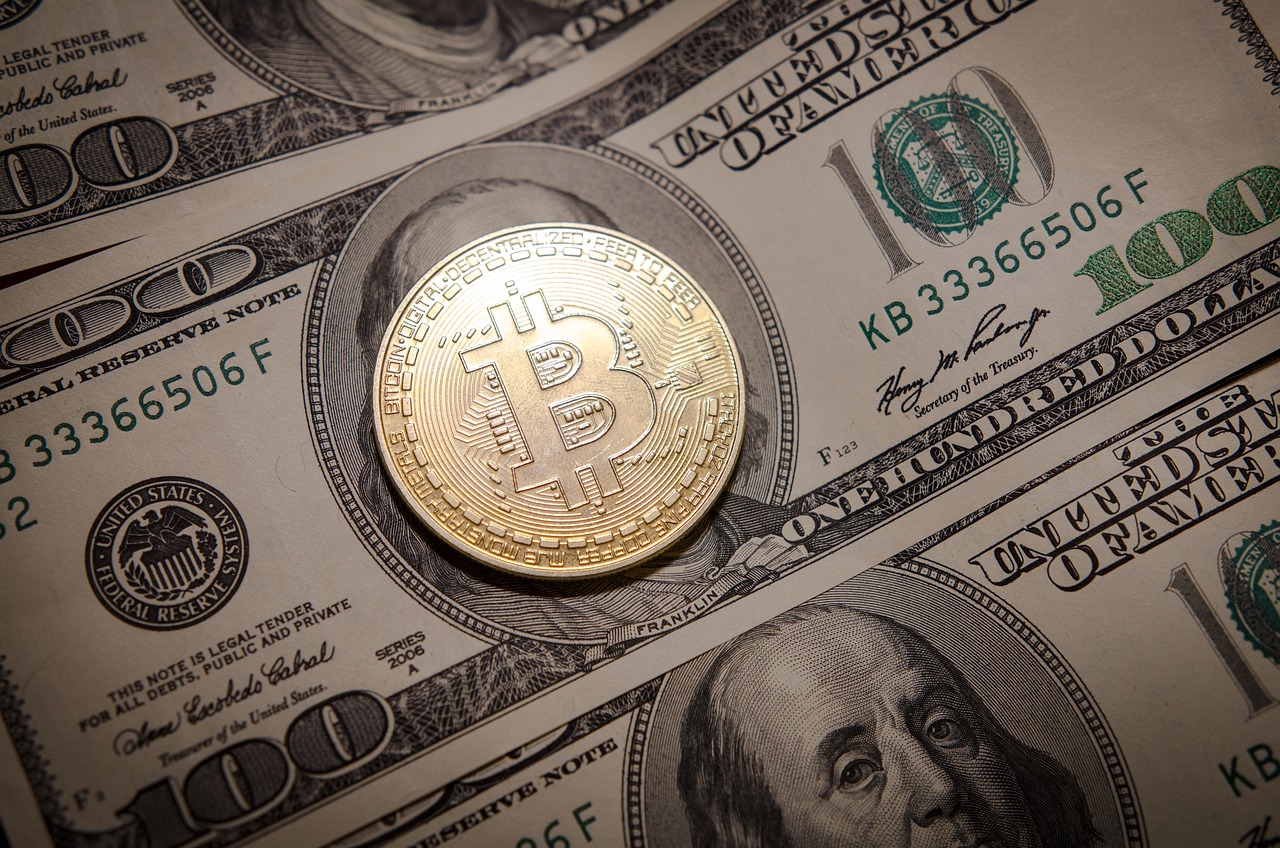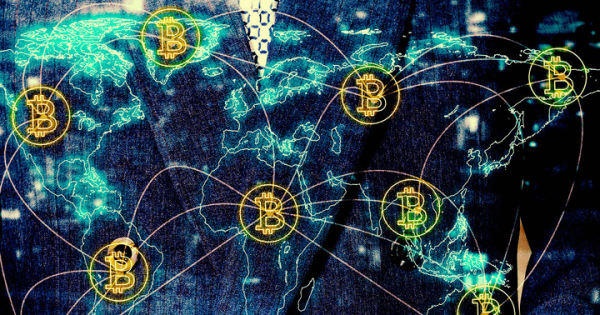Northern Ireland’s political standstill over Brexit could result in yet another election as a deadline looms.
Since May’s elections, there has been no functioning government in Northern Ireland as the Democratic Unionist Party (DUP) is refusing to restore power-sharing unless the sea border created by the Brexit deal is removed.
If members of the Northern Ireland Assembly cannot elect a speaker today – the first step towards restoring the government – then another election will be called.
Sky News looks at what is happening, why the impasse continues and if it will end.
What is happening today?
Members of the Northern Ireland Assembly are meeting on Thursday to try to elect a speaker, which is the first step to forming an executive.
If they can elect a speaker and deputy speaker by midnight then another election, to be held in December, will be avoided.
Rishi Sunak: How big is the task ahead?
Sunak must deal with Northern Ireland Protocol to restore Stormont, DUP warns
‘Unadulterated shambles’: Probe launched into £120m ‘Festival of Brexit’
Another election could cost £6m, which would be unpopular during a cost of living crisis in the UK nation with the lowest disposable income and the highest energy prices.
Northern Ireland Secretary Chris Heaton-Harris said: “I have consistently been clear that if the executive is not formed by October 28, I will call an election.
“Time is running out, and people in Northern Ireland deserve locally elected decision-makers and an executive who can respond to the issues facing people, families and communities across Northern Ireland during this challenging time.”
Please use Chrome browser for a more accessible video player
How does the Northern Ireland Assembly executive work?
As part of the 1998 Good Friday Agreement, Northern Ireland’s main parties must be part of a power-sharing agreement for the government to function.
The first minister and deputy first ministers have equal powers and one must be unionist and the other nationalist. There can also not be one without the other.
The executive (the cabinet) is made up of unionist and nationalist parties, with the d’Hondt system determining the proportion of each based on the number of seats a party wins.
There must also be cultural equality for the two main sides.
Certain decisions also require cross-community support, including the election of the speaker and deputy speakers.
Why was there a May election?
The Northern Ireland Assembly election in May was held after the Northern Ireland Executive collapsed because then-DUP leader Paul Givan resigned as first minister in protest against the Northern Ireland Protocol.
He – along with the other two unionist parties – argue the Irish Sea border threatens Northern Ireland’s place in the United Kingdom.
Please use Chrome browser for a more accessible video player
Under the Brexit deal with the EU, the Northern Ireland Protocol was aimed at avoiding a hard border between Ireland, which remains in the EU, and Northern Ireland, which left with the rest of the UK.
Lorries do not have to go through checks between the two countries, however, a new arrangement was needed to reflect food rules and border checks required by the EU.
Because goods moving from Great Britain to Northern Ireland are subject to a tariff if they are “at risk” of then being moved into the EU this has effectively shifted the border to the Irish Sea (well, to Northern Ireland’s ports).
Boris Johnson, who agreed the deal, promised this would not happen but it has and as a result, there have been delays and sometimes sparse supermarket shelves as suppliers have decided to stop supplying to Northern Ireland due to extra cost and difficulty.
The movement of medicines, pets, live animals, plants and many other products have also faced problems getting into Northern Ireland from Great Britain.
What happened in the May elections?
For the first time in the assembly’s 24-year history, an Irish nationalist party – Sinn Fein – won the most seats.
That means it has the right to nominate Northern Ireland’s first minister, which would be leader Michelle O’Neill.
The DUP’s vote share dropped and the Alliance Party, a liberal-centrist party, made large gains to become the third-largest party in the assembly.
Although the DUP, now under Sir Jeffrey Donaldson, was the second-largest party, he refused to nominate a deputy first minister until the protocol issues are dealt with.
Without that nomination there can be no executive and therefore no functioning government in Northern Ireland.
Nationalist parties such as Sinn Fein and the SDLP back the protocol as it prevents a hard border on the island of Ireland, and they want the island to be one nation.
As the nationalists and unionists are at loggerheads over what they want for Northern Ireland, it is unlikely they would be able to vote together to continue with the protocol – which they can do in 2024.
Is Westminster doing anything about the impasse?
Earlier this year, the UK government under Boris Johnson introduced legislation to suspend the Irish Sea checks and rip up part of the legally binding Brexit treaty with the EU.
However, the unilateral move prompted legal action from the EU and the risk of an all-out trade war.
Please use Chrome browser for a more accessible video player
Although Mr Johnson has gone, the UK has maintained it will not be dropping the bill, which is going through parliament.
But under new Prime Minister Rishi Sunak, talks between the EU and the UK have restarted this week and there is hope Mr Sunak’s appointment will thaw relations.
European Commission President Ursula von der Leyen said her call with Mr Sunak on Wednesday was “very good”, while the PM’s office also struck a positive note.









